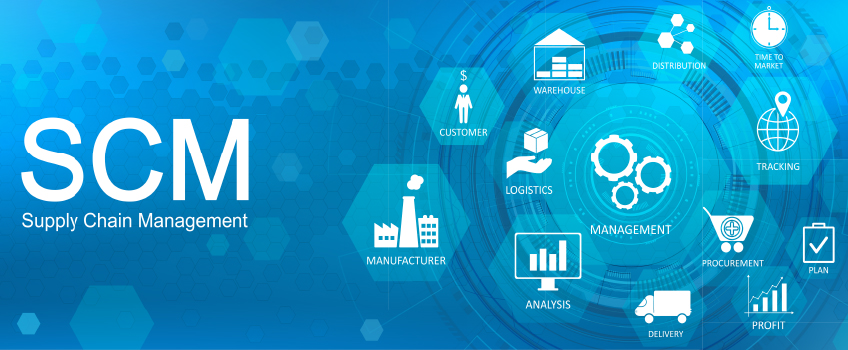For logistic companies seeking affordable supply chain solutions, there are several options to consider.
Here are a few suggestions:
Open-source Supply Chain Management (SCM) Systems: Open-source SCM systems, such as Odoo, Openbravo, or Dolibarr, offer cost-effective solutions. These systems provide functionalities for inventory management, procurement, order fulfillment, and logistics, and can be customized to meet specific business requirements.
Cloud-based SCM Software: Cloud-based SCM software offers a flexible and cost-efficient solution for logistics companies. These systems are hosted on the cloud, eliminating the need for expensive hardware infrastructure and maintenance costs. Examples of cloud-based SCM software include NetSuite, SAP S/4HANA Cloud, and Oracle SCM Cloud.
Modular SCM Solutions: Consider using modular SCM solutions that allow you to select and implement specific modules based on your company’s needs. This approach enables you to focus on the most critical aspects of your supply chain and helps manage costs by avoiding unnecessary functionalities. Look for providers that offer scalable pricing based on the modules you choose.
Subscription-based SCM Services: Some companies offer subscription-based SCM services, where you pay a monthly or annual fee to access and use their supply chain software. These services often cater to small and medium-sized businesses, providing affordable options for logistics companies with limited budgets. Examples include TradeGecko, Zoho Inventory, and ShipBob.
Customized Solutions: Depending on your specific requirements, you may consider developing a customized supply chain solution. This approach allows you to tailor the system to your unique business processes and budget constraints. Engage with software development firms or consultants specializing in supply chain solutions to assess the feasibility and cost-effectiveness of developing a customized solution.
When evaluating affordable supply chain solutions, consider factors beyond cost, such as scalability, ease of use, integration capabilities, and customer support. It’s essential to assess how well the solution aligns with your business needs, growth plans, and long-term objectives.
It’s recommended to request demos, engage in trials, and seek customer references to evaluate the functionality and effectiveness of the solution before making a decision. Additionally, consider the total cost of ownership, including implementation costs, training, ongoing maintenance, and any potential integration expenses.
By exploring these options and carefully assessing the features, costs, and benefits, logistics companies can find affordable supply chain solutions that meet their operational needs without compromising on quality or functionality.



